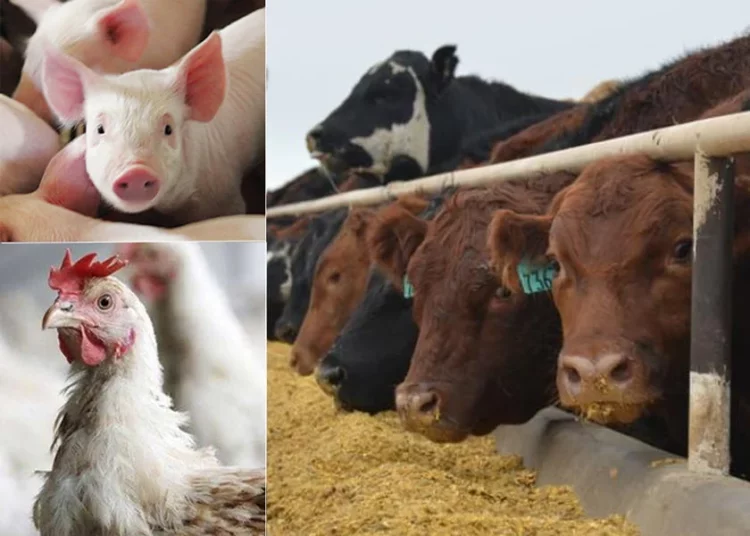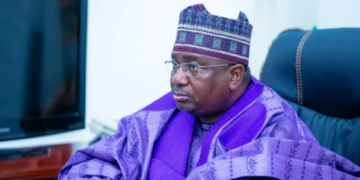The Presidential Livestock Reforms Implementation Committee (PLRIC), co-chaired by Professor Attahiru Jega, has issued comprehensive recommendations to the federal government on enhancing the livestock industry to attract private investments, create wealth, and generate jobs.
The recommendations came from a recent two-day workshop at the Presidential Villa, which gathered stakeholders to address security, economic, and environmental constraints in the livestock sector.
The committee called for the federal government to enhance existing policies, create new ones lacking, and revise those with gaps. It emphasised the importance of collaborating with federal, state, and local stakeholders to streamline regulations, reduce overlaps, and promote a unified approach to investment in the livestock sector.
“This collaboration should include the Presidential Tax Reform Committee to create a unified, digital tax system aimed at reducing the financial burden of multiple taxation on livestock businesses,” the presidential committee said in a communique that was issued at the end of the workshop.
The PLRIC highlighted the need to strengthen security within the livestock sector to attract investments. It recommended improving the National Animal Identification and Traceability (NAIT) System to help address security issues and ensure compliance with market standards for livestock products. The participants believe enhanced traceability would mitigate theft and foster consumer trust.
Feed supply, critical to livestock productivity, is currently constrained by high demand and smuggling across borders. The committee recommended stricter measures against smuggling and a regulated import system to stabilise feed availability.
The presidential committee advised reinforcing animal health infrastructure to align with the global One-Health initiative, integrating human, animal, and environmental health considerations. It also called for climate-smart policies to address climate change impacts on livestock, suggesting that the Federal Ministry of Livestock Development (FMLD) lead these efforts with a dedicated policy framework.
To manage conflicts between farmers and herders, the committee proposed that FMLD establish clear management frameworks at local and state levels, including financing mechanisms. Additionally, the committee recommended establishing robust data and genetic resource infrastructure, such as gene banks, to preserve and improve livestock breeds.
It suggested creating a department of livestock extension and innovation to promote specialised livestock extension services. In waste management, the committee proposed converting waste from livestock production into valuable products such as manure, biogas, and protein sources, highlighting the potential to convert industry by-products into profitable assets.
The workshop included goodwill messages from key leaders such as Kwara State Governor Abdulrahman Abdulrazaq, Minister of Agriculture and Food Security Senator Abubakar Kyari, Senate Committee chairman on Livestock Development Senator Musa Mustapha, FAO representatives, and the Etsu Nupe, Alhaji Dr. Yahaya Abubakar.
During the technical sessions, participants split into eleven thematic groups focused on sub-sectors such as ruminant animals, dairy, poultry, swine, animal health, and pasture management. These sessions provided specialised recommendations to foster sustainable reforms across the livestock industry.





